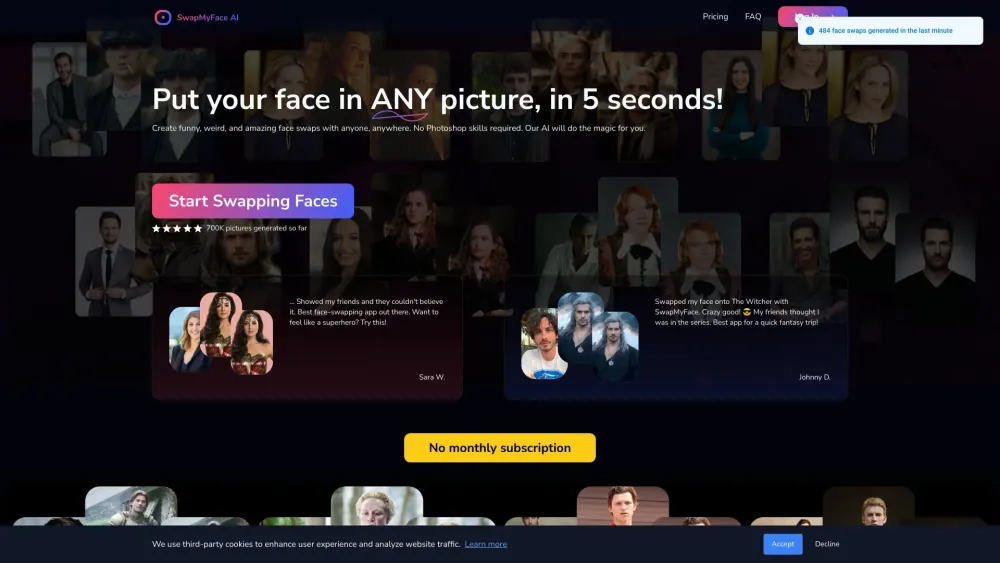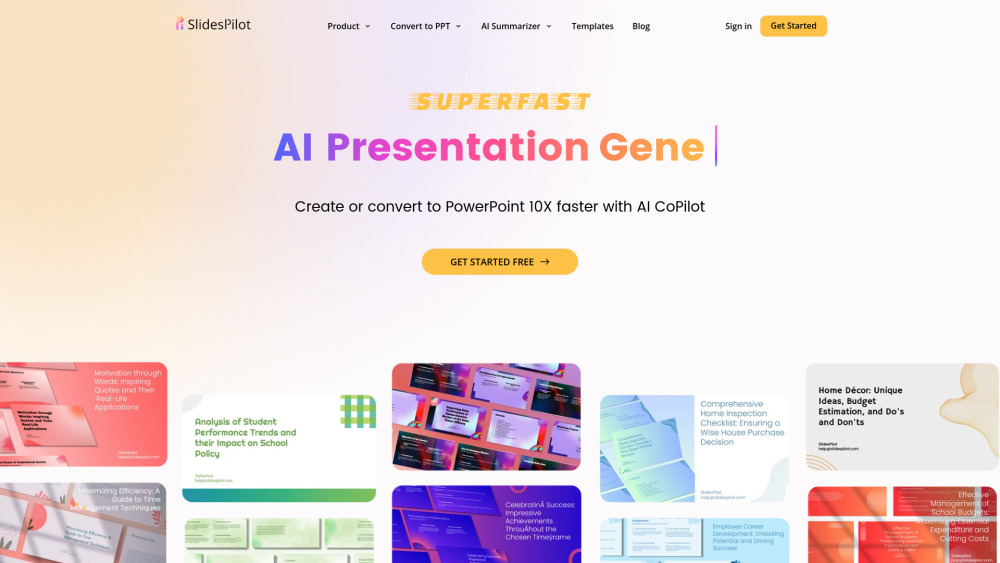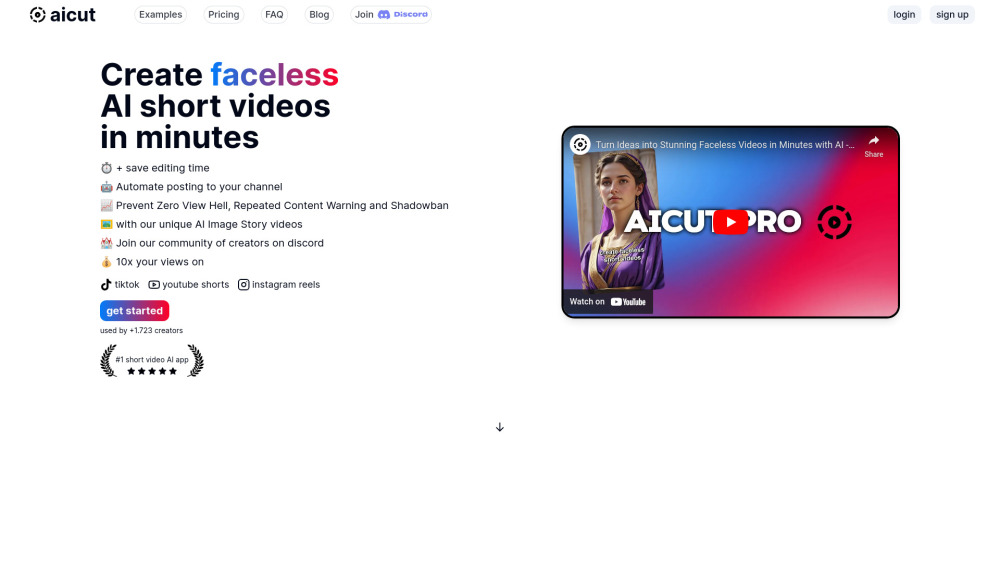Wombo, the creators behind the viral AI art app Dream by Wombo, have launched a new innovative application called Wombo Me. This exciting AI avatar app from the Canadian startup enables users to transform a single selfie into an array of lifelike avatars.
While various popular AI avatar tools exist, including Lensa AI, Wombo aims to offer a more user-friendly experience in avatar creation. Unlike other apps that demand multiple selfies and longer processing times, Wombo Me requires only one selfie and can generate images almost instantly, as CEO Ben-Zion Benkhin shared in an interview.
Wombo Me is designed primarily for entertainment rather than just functionality. According to the app's description, users can easily share their avatars with friends or on social media, and even use them on platforms like LinkedIn and Tinder to showcase both their professional image and personal flair. The app allows users to embody personas of celebrities, superheroes, or even movie characters with just a tap. Users can experiment with different hairstyles, colors, and makeup trends, and also create gender-swapped versions of themselves or transform into fantastical characters.
"As soon as you launch Wombo Me, you're greeted with a selfie screen prompting you to upload a single image. After you hit continue, you'll instantly see 10 unique versions of yourself," explained Wombo's head of AI, Parshant Loungani. "You can swipe right or left, similar to Tinder, to like or save your favorites. We aim to use this feedback to enhance the user experience and refine the images we generate, tailoring them to user preferences more accurately."
Once users explore their generated images, they can browse through various avatar packs, including professional LinkedIn-style headshots, shareable Instagram-worthy images, and whimsical cartoon or meme characters. Some of these packs are free, while others range from $2.99 to $7.99.
Benkhin emphasizes that Wombo Me delivers high-quality images that rival or surpass current market offerings, and the speed and simplicity of generating these outputs from a single selfie set it apart in terms of user accessibility. He envisions Wombo Me as more than just a passing trend; the company aims for a long-term strategy where the ability to create content from a single selfie could lead to a more integrated platform experience. For instance, if a group of friends all use the app, it could generate imagery of them together.
“There’s a social dimension to it,” Benkhin noted. “As the AI learns how we all look, it can create images featuring all users in entertaining scenarios. We see the ease of use and the single selfie concept as just the beginning of what is possible. The long-term vision involves deeper differentiation in the product."
Looking ahead, Loungani indicated that future features may include users submitting a 10- to 20-second voice recording and a video of their head movements, allowing for the creation of a multimodal identity that can produce engaging content like dance videos or interactions with friends.
Benkhin believes that while AI plays a significant role in user experience today, the future will see its application expanding into media creation, moving beyond mere content curation. "We believe the next phase is AI-driven media creation," he stated. "More users will generate AI-enhanced media for their social platforms, and content will be increasingly personalized through AI. This is the next chapter in social media, representing a tremendous opportunity. With each product and feature we develop, we're pushing in that direction."
Wombo Me is now available globally on both iOS and Android devices. The app has an ambitious legacy to uphold, following the success of its predecessor, Dream by Wombo, which was named Google’s “Best App” in the United States last year. That app has seen over 47 million downloads and generated $4.3 million in revenue, according to data from mobile intelligence firm data.ai, and currently ranks No. 30 in Downloads in the Graphics & Design category on the U.S. App Store.




